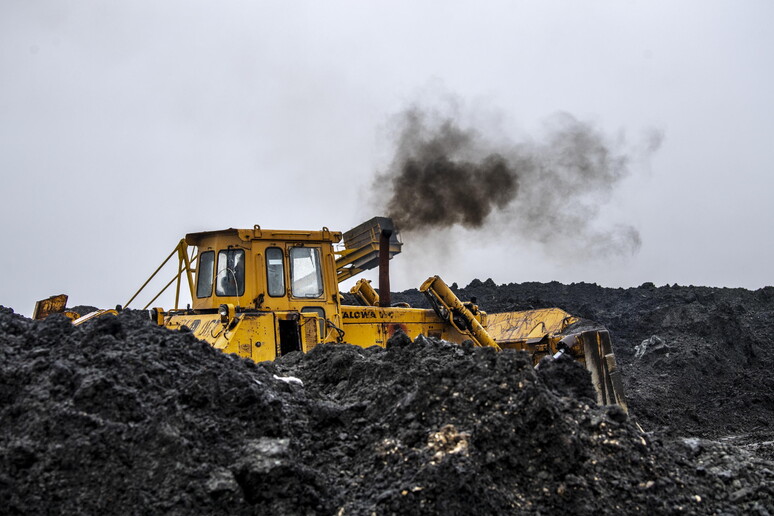(ANSA-AFP) - BELGRADE, 16 LUG - Western Balkans countries
have enough prospective solar and wind capacity to skip
gas-fired power plants in their clean energy transitions, a
report said on Tuesday. The six Western Balkan nations
-- Albania, Bosnia and Herzegovina, Kosovo, Montenegro, North
Macedonia and Serbia -- now produce electricity primarily from
coal and hydropower. But using solar and wind capacities could
generate "four times more electricity than the proposed gas
fleet over their lifetimes", said the report by Global Energy
Monitor (GEM), a US-based NGO, rendering gas power obsolete in
the region. The six countries have in total 23 gigawatts (GW) of
utility-scale solar and wind capacity in announced projects or
those already in pre-construction or construction phases,
according to the report. "It is 70 percent more than a year ago
and comparable to the prospective capacity in Germany".
"If these projects become operational, then they could
replace all present and future gas power capacity in the
region". Leapfrogging gas would save over nine billion euros
($9.8 billion) in energy costs and 87 percent of the region's
CO2 emissions in 2022, it said. Serbia currently has the largest
share of operating and prospective utility-scale solar and wind
capacity in the region, respectively, 29 and 47 percent. The
report warned that the region's operating utility-scale solar
and wind capacity accounts for just seven percent of the
regional electricity mix. Also, only six percent of prospective
capacity is under construction and likely to become operational,
it said. "Choosing renewables is a greener move that makes
economic sense," Zhanaiym Kozybay, co-author of the report, said
in a statement but warned that "more political will is needed
domestically". Also, the European Union, which all six countries
aspire to join, and the US "should champion the region's clean
energy potential rather than backing expensive, polluting gas",
Kozybay said. bur-ljv/gv
/ (ANSA-AFP).
ALL RIGHTS RESERVED © Copyright ANSA





